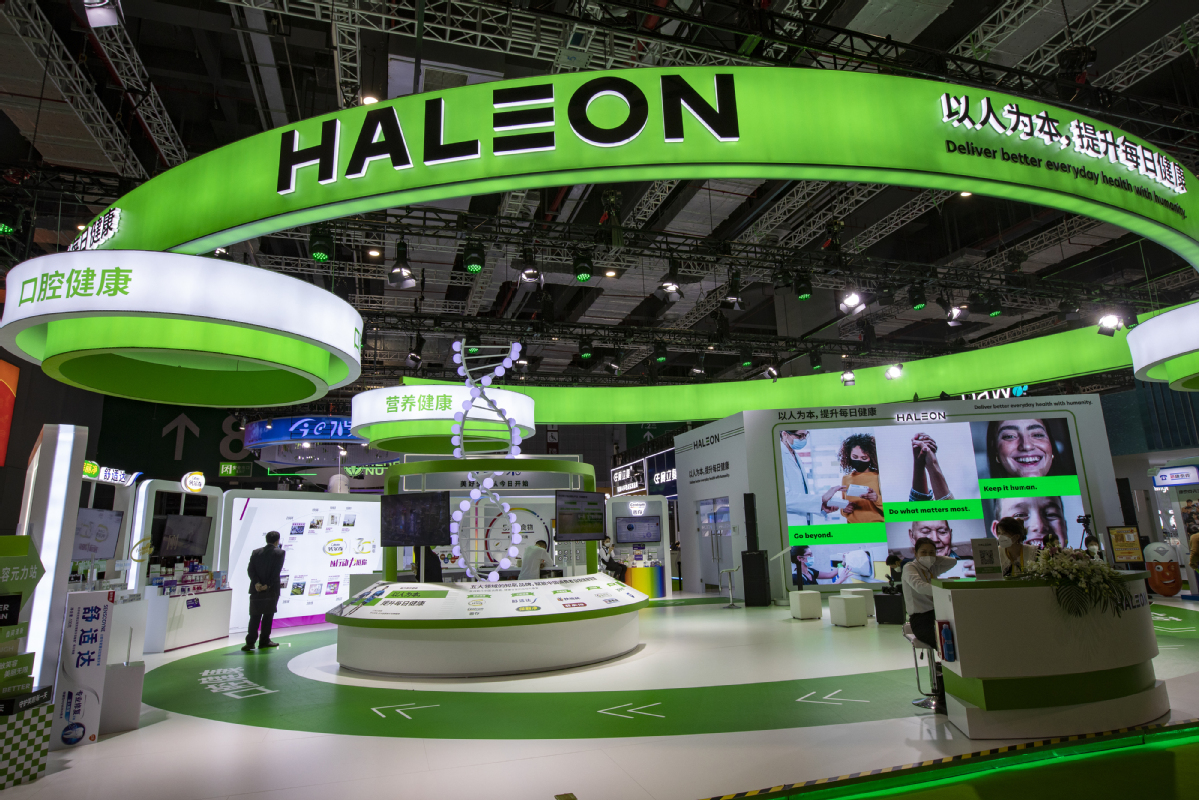Haleon bullish on digital biz in country


Consumer health company Haleon aims to grasp opportunities and boldly engage in digital marketing and e-commerce in China to increase the accessibility of healthcare in the country, said its senior executives.
The company, which was separated from healthcare giant GSK in July, is known for products such as Caltrate, Centrum and Voltaren.
Brian McNamara, CEO of Haleon, said: "China is an important market for Haleon. We see China evolving quickly with rising demand for quality, with combinations of new trends, such as e-commerce. This is exciting for Haleon as we build further relationships in the country."
Gijs Sanders, head of strategy and planning at Haleon China, said: "China has a unique digital ecosystem that allows us to build deep engagements with our consumers to empower them to manage their everyday health by providing digitally enabled self-care tools and targeted content for our categories, brands and products."
"We work in close partnership with traditional and new e-commerce platforms to ensure we provide the best solutions for shoppers on their platforms," he said.
"In the past years, China has achieved an excellent performance. Specifically, our digital commerce business in 2021 achieved a 41 percent year-on-year growth, significantly ahead of the overall market, and certainly higher than many other markets in the world," Sanders said.
During the fifth China International Import Expo in Shanghai, Haleon demonstrated its latest efforts in digitalization in China.
Haleon and Tmall launched an experimental and pioneering consumer marketing strategy, dividing its consumers into 18 groups. Based on the characteristics of the consumer groups and commodities, big data precisely matches consumers with products and services that best suit them.
Working with JD's consumer data platform JDCloud, Haleon and JD jointly established a healthcare product marketing platform, where the two parties can deeply communicate with consumers and offer them consumer health products of greater value.
Moreover, Haleon worked with Microsoft, using Microsoft's Seeing AI, a free app that narrates the name, ingredients and instructions of Haleon's over 1,500 products to visually impaired consumers.
"Digitalization is a crucial strategy for Haleon China. The past decade witnessed the rapid development of China's digital economy and the country highlighted the importance of building a digital China during the 20th National Congress of the Communist Party of China. For us, responsible digital innovation will serve as a fundamental driving force for our development in the country, helping us address consumer needs and make better everyday health more achievable, inclusive and sustainable," said Alence Li, chief digital and marketing officer at Haleon China.
Apart from Haleon, during the fifth CIIE, other global healthcare companies including Bayer AG, Takeda Pharmaceutical Co Ltd and Sanofi, showcased their latest efforts in digitalization to optimize outcomes for patients in China.
"Working with internet-based companies, multinational corporations get closer to patients, accelerating their drug research and development process, so that they can offer personalized, instant medical products and services to patients," said Hong Yong, associate research fellow of the e-commerce research department under the Ministry of Commerce.
Sanders said: "Consumer healthcare is a fast-growing market and it has never been more relevant as it is today, especially in China. We will invest more in research and innovation, and continue to focus on digitalization to meet the needs of our consumers and customers leveraging data to provide the most relevant solutions."




































